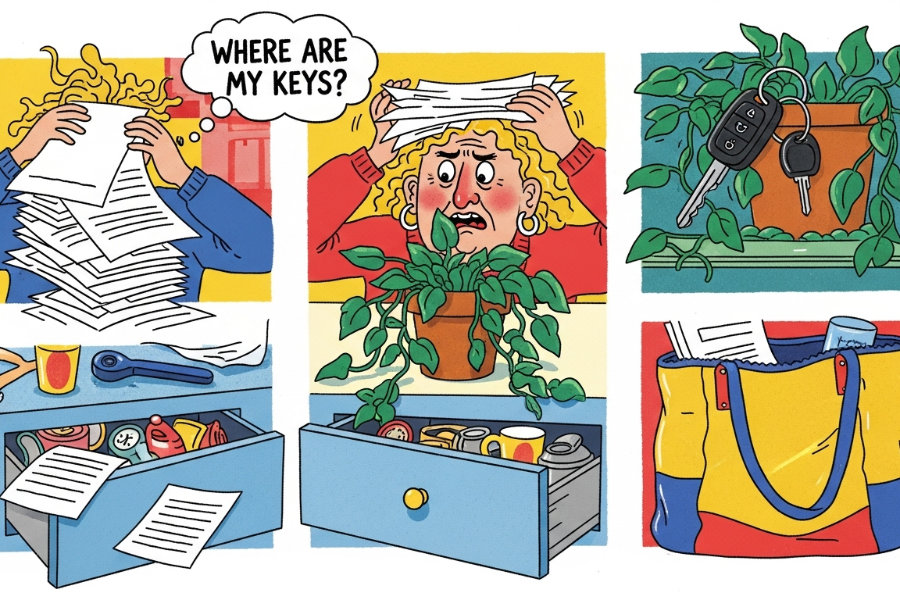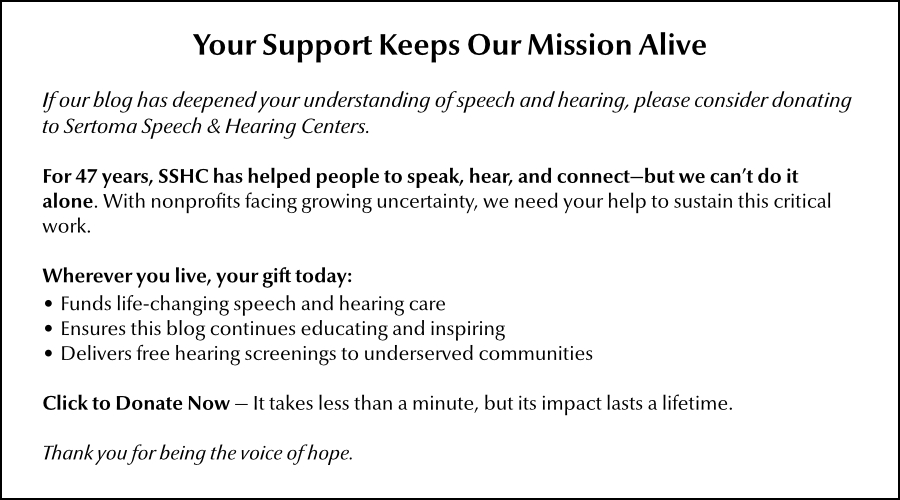We've all had that moment: walking into a room and suddenly drawing a blank on why we're there. It's frustrating, but usually nothing to worry about. But when do these memory hiccups cross the line from normal to concerning? Neuroscientist Prof. Scott Small breaks down the difference between everyday forgetfulness and potential warning signs.
Why it matters
Recognizing the distinction between normal and pathological forgetting could save your brain.
- Normal forgetting is necessary and healthy because it clears mental clutter and helps us move past trauma.
- Pathological forgetting worsens over time and disrupts daily life. It is linked to neurodegenerative diseases (like Alzheimer’s) and erodes core memories.
What to know
Your brain works like a computer:
- Short-term memory = unsaved documents.
- Long-term memory = saved files.
- Recall = your brain’s "open" function.
A closer look
When to relax:
- Forgetting why you entered a room occasionally.
- Mixing up names of distant acquaintances.
- Blanking on new info (e.g., a partner’s comment).
When to worry:
- Frequently forgetting the names of close family.
- Losing the ability to make a familiar recipe.
- Getting lost on regular routes (e.g., your commute).
- These signal damage to your brain’s "hard drive."

The challenge
Alzheimer’s risks include:
- Obesity, high blood pressure, diabetes, and untreated hearing loss.
- Genetics (e.g., APOE gene) or family history.
- These don’t guarantee dementia but accelerate it.
What to do
Protect your memory by—
- Treating hearing loss: A research-proven strategy to lower your risk.
- Exercising: The #1 defender of late-life memory.
- Eating flavanols: Eat apples, berries, and drink tea.
- Adopting The MIND diet: Cuts Alzheimer’s risk by 53%.
The bottom line
- See a physician if memory lapses disrupt your life.
- Protect your brain with the proven strategies listed above.
Healthy hearing starts here
Learn about the health of your hearing with a free 15-minute hearing screening by an audiologist.
★ Call 708-599-9500 to schedule your free screening.
★ For facts about hearing loss and hearing aid options, grab your copy of The Hearing Loss Guide.
★ Sign up for our newsletter for the latest on Hearing aids, dementia triggered by hearing loss, pediatric speech and hearing, speech-language therapies, Parkinson's Voice therapies, and occupational-hearing conservation. We publish our newsletter eight times a year.
Don't let untreated hearing loss spoil your enjoyment of life.


